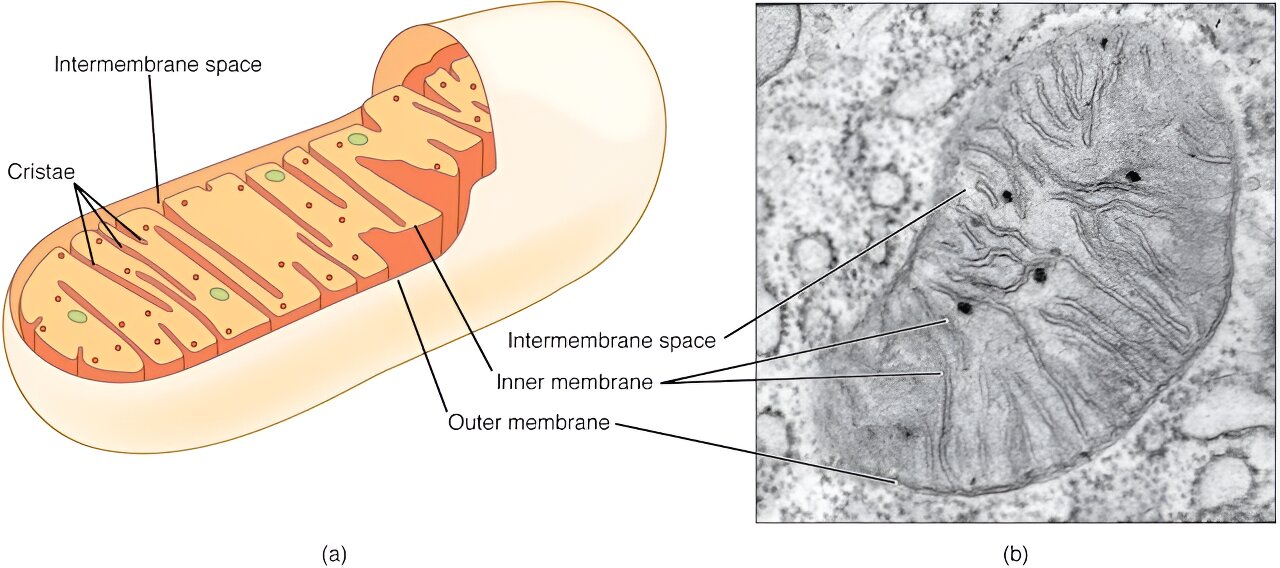A common heart drug may slow the progression of Huntington’s disease (HD), according to a new study by University of Iowa Health Care researchers.
Using clinical information from a large, observational database of over 21,000 people with HD, the UI team found that the use of beta-blocker drugs — commonly used to treat heart and blood pressure issues — was associated with both a significantly later onset of HD symptoms for people in the pre-symptomatic stages, and a slower rate of symptom worsening for those with symptoms. The findings were published Dec. 2 in JAMA Neurology.
“Given that there are no disease-modifying agents for HD, the possibility that beta-blockers, which are cheap and have a known safety profile, may provide benefit to patients at various stages of the disease is very exciting,” says Jordan Schultz, PharmD, UI assistant professor of psychiatry, and lead author of the new study. “While these represent early results, they provide hope that there may be novel targets, such as the autonomic nervous system, for modifying the disease course of HD.”
Dampening ‘fight or flight’ might help treat HD
Beta-blockers work by blocking the action of norepinephrine, a neurotransmitter and hormone involved in the “fight or flight” response. Schultz and his colleagues homed in on these medications because their previous research had shown that compared to healthy individuals, patients with HD seem to have a stronger “fight or flight” reflex, even when they are resting.
“Patients with HD have a slightly more active sympathetic nervous system, which is what drives the fight or flight response, and theoretically have more norepinephrine,” Schultz explains. “We have hypothesized that this subtle change may be contributing to the neurodegeneration that occurs in HD, and because beta-blockers inhibit the action of norepinephrine, we wanted to know if they might have a therapeutic role in patients with HD.”
To investigate the potential effect of beta-blocker use, the UI researcher used data from the world’s largest observational study for Huntington’s disease families known as Enroll-HD. This database follows more than 21,000 patients with either an HD diagnosis or at risk for HD over their lifetime, collecting annual clinical information about motor, functional, and cognitive symptoms, as well as medication use.
The UI researchers identified two distinct groups of HD patients; those with the genetic mutation that causes HD but who have not yet started showing significant clinical symptoms (preHD group), and patients who have already received a clinical diagnosis of HD, referred to as motor-manifest patients (mmHD group). Within each group, they identified patients who were taking a beta-blocker for at least one year.
Next, the team matched 174 preHD and 149 mmHD beta-blocker users to the same number of similar non-beta-blocker users.
The team’s analysis showed that preHD beta-blocker users had a significantly lower yearly risk of receiving a clinical diagnosis of HD compared to matched non-beta-blocker users, indicating that beta-blocker use was associated with a later onset of HD.
Amongst the mmHD group, the researchers showed that the patients taking beta-blockers had significant slowing of the gradual worsening of motor, cognitive, and functional symptoms compared to non-users.
Potential new therapy for HD
Slowing or preventing the onset of HD symptoms is a primary goal for modifying the course of the disease. By showing that beta-blockers were associated with a slowing of disease progression in both the pre-symptomatic and symptomatic phases of the disease, these new results suggest that beta-blockers may provide benefit to patients at various stages of the disease.
“It is important to note that this study reports associations between beta-blocker use in patients with HD and delayed onset and slowing of disease progression, but the data does not prove cause and effect,” cautions Schultz, who also is a member of the Iowa Neuroscience Institute. “However, these results provide early evidence that the autonomic nervous system may be a therapeutic target for disease modification of HD.”
In addition to more research to understand how the autonomic dysfunction seen in HD might be targeted for disease modification, the UI team also hopes to perform a clinical trial of beta-blockers as a potential disease modifier for HD.
In addition to Schultz, the UI research team also included Amy Ogilvie, PhD, Lyndsay Harshman, MD, and Peg Nopoulos, MD.
-The research was funded in part by grants from the National Institutes of Health (NIH) — the National Institute of Neurological Disorders and Stroke and the National Institute of Diabetes and Digestive and Kidney Diseases — and the Michael J. Fox Foundations for Parkinson’s Disease Research.

